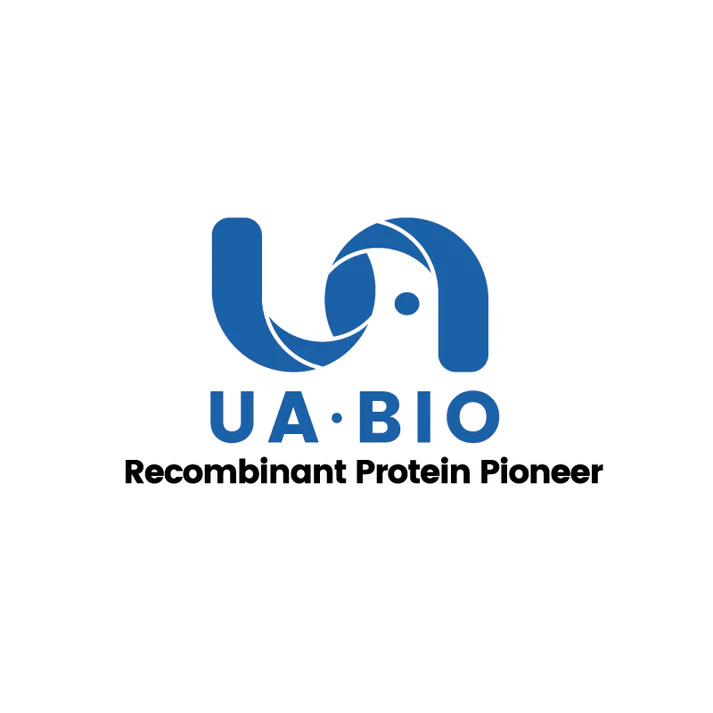2μg (R: reducing condition, N: non-reducing condition).
Product Details
Product Details
Product Specification
| Species | Mouse |
| Synonyms | Beta-defensin 3; BD-3; mBD-3; Defensin, beta 3; |
| Accession | Q9WTL0 |
| Amino Acid Sequence | Lys23-Lys63 |
| Expression System | E.coli |
| Molecular Weight | 5-8 kDa (Reducing) |
| Purity | >95% by SDS-PAGE; >90% by HPLC. |
| Endotoxin | <0.1EU/μg |
| Conjugation | Unconjugated |
| Tag | No Tag |
| Physical Appearance | Lyophilized Powder |
| Storage Buffer | 50mM Tris, 300mM NaCl, pH8.0 |
| Reconstitution | Reconstitute at 0.1-1 mg/ml according to the size in ultrapure water after rapid centrifugation. |
| Stability & Storage | ·12 months from date of receipt, lyophilized powder stored at -20 to -80℃. |
| Reference | Anticancer Res. 2016 Nov;36(11):5999-6004. |
Background
β-defensin-3 (mBD-3) is a member of the defensin family of antimicrobial peptides, which play crucial roles in the innate immune system. These peptides are characterized by their ability to directly kill or inhibit the growth of a wide range of pathogens, including bacteria, fungi, and viruses.
In mice, the ortholog of human β-defensin-3 is known as mBD-14. It has been identified and characterized for its antimicrobial properties and immune-modulatory functions.
Similar to its human counterpart, mBD-14 exhibits potent antimicrobial activity against various pathogens and can induce chemotaxis in immune cells, such as macrophages and dendritic cells. This antimicrobial peptide is expressed in various tissues, including the gastrointestinal tract and skin, where it contributes to the maintenance of mucosal and cutaneous barriers.
Picture
Picture
SDS-PAGE
RP-HPLC
>90% as determined by RP-HPLC.
ELISA
Measured by its binding ability in a functional ELISA. When Recombinant Mouse BD-3 is immobilized 2µg/mL (100µL/well), Anti-BD-3 Recombinant Antibody binds with an EC50 of 0.020-0.052μg/ml.


